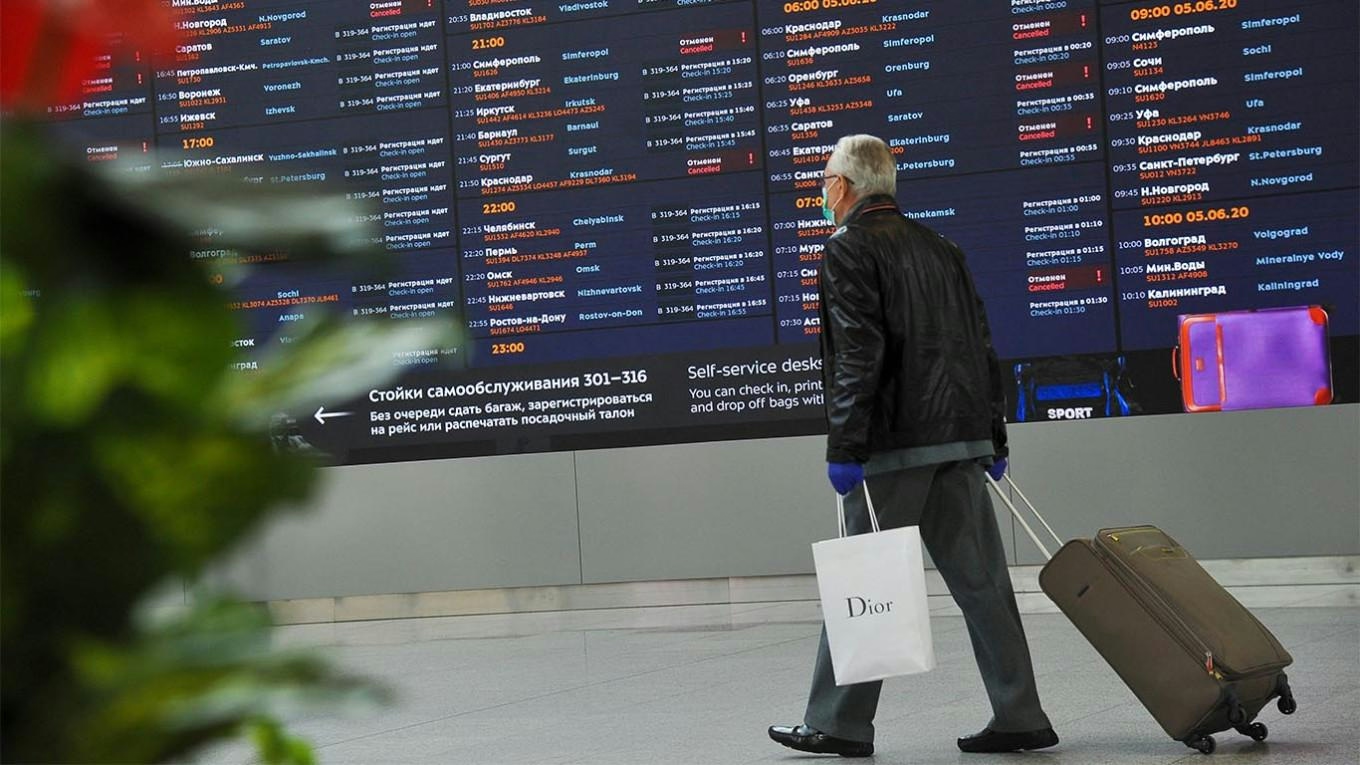AeroGenie — Your Intelligent Copilot.
Trending
Categories
Air Travel Resumes Amid Easing Restrictions

Air Travel Resumes Amid Easing Restrictions
Advancing Electric Air Taxis in Santa Cruz
Santa Cruz is emerging as a focal point in the evolution of air travel as the federal government accelerates the adoption of electric air taxis. Transportation Secretary Sean P. Duffy recently announced a pilot program permitting select companies to conduct limited operations of electric vertical takeoff and landing (eVTOL) aircraft prior to full Federal Aviation Administration (FAA) certification. These air taxis, capable of vertical lift-off like helicopters and cruising like airplanes, represent a significant step toward what is termed “advanced air mobility.” The initiative aims to facilitate real-world deployment under stringent regulatory oversight, bridging the gap between innovation and formal certification.
Leading this transition is Santa Cruz–based Joby Aviation, which has invested over 15 years in developing the technology and operational expertise necessary for advanced aerial mobility. Greg Bowles, Joby’s Chief Policy Officer, emphasized the company’s readiness to deliver services to communities, highlighting their prototypes designed to transport passengers or small cargo loads efficiently while producing zero operating emissions. Joby has conducted tens of thousands of miles in testing, including nearly 600 flights this year, and is currently in the fourth of five stages of FAA type certification. The company anticipates flying its first FAA-conforming aircraft later this year, with FAA pilots onboard early next year.
Industry Implications and Local Impact
This pilot program signifies a notable departure from the aviation industry’s traditional approach, which typically involves years of exhaustive testing before new aircraft can enter commercial service. To date, no eVTOL aircraft has received certification, with the first approval expected no sooner than next year. By allowing mature designs to operate in limited capacities—whether for passenger transport, cargo delivery, or emergency services—the FAA seeks to create a pragmatic pathway for integrating these innovative aircraft into the national airspace.
For Santa Cruz, the implications extend well beyond aerospace innovation. Joby Aviation’s expansion has fostered a growing community of engineers, designers, and manufacturers, with the company’s manufacturing facility in nearby Marina now exceeding 435,000 square feet. This site is poised to become the first scaled electric aircraft production facility in the United States. The development of advanced air mobility in the region promises to generate hundreds of local jobs, attract new infrastructure investments, and establish Santa Cruz as a pioneering hub for a transformative transportation industry, positioning it alongside Silicon Valley as a center for globally impactful technology.
Challenges in the Broader Travel Industry
Despite these advancements, the wider travel sector faces significant challenges. The introduction of new visa fees threatens tourism-dependent economies, with international arrivals projected to decline by 8.2% in 2025. Policy uncertainties and the potential for retaliatory measures are causing capital to shift toward destinations with more favorable visa policies. In response, competitors are taking strategic actions: Ryanair has initiated legal proceedings against restrictions at Dublin Airport, while Spirit Airlines’ bankruptcy has opened opportunities for United Airlines and others to expand into previously contested markets. United Airlines’ CEO remains cautiously optimistic, citing early signs of a rebound in travel demand.
While hurdles remain in certification, air traffic integration, and community acceptance, Santa Cruz is actively shaping the future of transportation. As electric air taxis prepare for commercial operations, the region stands at the forefront of a rapidly evolving industry, even as the broader travel landscape contends with complex and shifting dynamics.

Emirates Unveils Cabin Design for New Boeing 777X

Eighteen Years On, the Airbus A380 Remains Central to a $34 Billion Airline

How a boom in luxury airline seats is slowing down jet deliveries

Navitaire Outage Attributed to Planned Maintenance

DigiYatra Debuts Outside Aviation at India AI Impact Summit

Vietnam Orders Strengthen Boeing’s Commercial Outlook

Airbus Signals Uncertainty Over Future A400M Orders

JobsOhio Awards $2 Million Grant to Hartzell Propeller for Innovation Center

Collins Aerospace Tests Sidekick Autonomy Software on YFQ-42A for U.S. Air Force CCA Program

How the Airbus A350-1000 Compares to the Boeing 777
